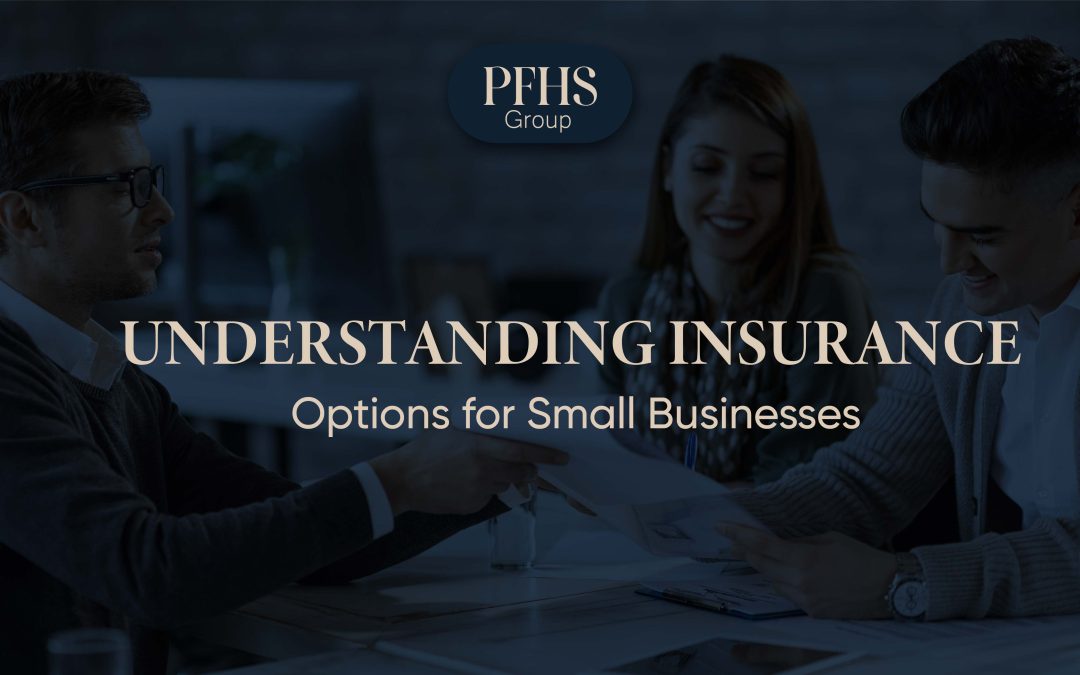Introduction: Starting a small business comes with numerous challenges and responsibilities. One critical aspect that should not be overlooked is obtaining the right insurance coverage. Insurance acts as a safety net, protecting your business from unexpected events and potential liabilities. This blog post will explore the various insurance options available to small businesses and highlight their importance in safeguarding your venture.
General Liability Insurance
General liability insurance is essential for small businesses, regardless of industry or size. It covers bodily injury, property damage, and personal injury claims that may arise from your business operations. This insurance protects you from legal costs, medical expenses, and potential settlements, giving you peace of mind in case of accidents or unforeseen incidents.
Property Insurance
Property insurance protects your business property, including the building, equipment, inventory, and furniture, against damage or loss due to fire, theft, vandalism, or natural disasters. With this coverage, you can quickly recover and get back on track without significant financial setbacks.
Professional Liability Insurance
Also known as errors and omissions insurance, professional liability insurance is crucial for service-based businesses. It protects against claims arising from professional mistakes, negligence, or service errors. This coverage is particularly relevant for consultants, contractors, lawyers, accountants, and other professionals who provide advice or services to clients.
Workers’ Compensation Insurance
If you have employees, workers’ compensation insurance is typically mandatory. It covers medical expenses, lost wages, and rehabilitation costs if an employee suffers a work-related injury or illness. By having this insurance, you not only fulfil legal obligations but also protect your employees and business from lawsuits.
Business Interruption Insurance
Business interruption insurance offers financial protection if your business operations are temporarily halted due to unforeseen circumstances, such as natural disasters, fire, or other covered events. It covers the loss of income and helps you cover ongoing expenses during the recovery period, ensuring your business can bounce back without severe financial strain.
Cyber Liability Insurance
In today’s digital age, cyber threats are a significant concern for businesses of all sizes. Cyber liability insurance protects your business against data breaches, hacking incidents, and other cyber risks. It helps cover the costs of investigating and managing a data breach, notifying affected parties and potential legal liabilities, and restoring your business’s reputation.
Product Liability Insurance
Product liability insurance is crucial if your small business manufactures or sells products. It safeguards you from potential lawsuits arising from product defects, design flaws, or inadequate warnings. This insurance coverage helps cover legal fees, settlements, and medical expenses if a customer claims to have been harmed by your product.
Commercial Auto Insurance
Commercial auto insurance is essential if your business uses vehicles for deliveries, transportation, or any other purpose. It covers damages and liabilities resulting from accidents involving your company’s vehicles, ensuring that you are protected financially in case of collisions, theft, or vandalism.
Conclusion
As a small business owner, understanding and investing in the right insurance options is vital for protecting your business from unforeseen risks and potential liabilities. While the specific insurance needs may vary depending on your industry and operations, having comprehensive coverage can provide you with financial security and peace of mind. Consult with insurance professionals to assess your business’s unique requirements and ensure you have the appropriate insurance policies. Remember, the insurance cost is small compared to the potential losses and legal ramifications that can arise without adequate coverage.

